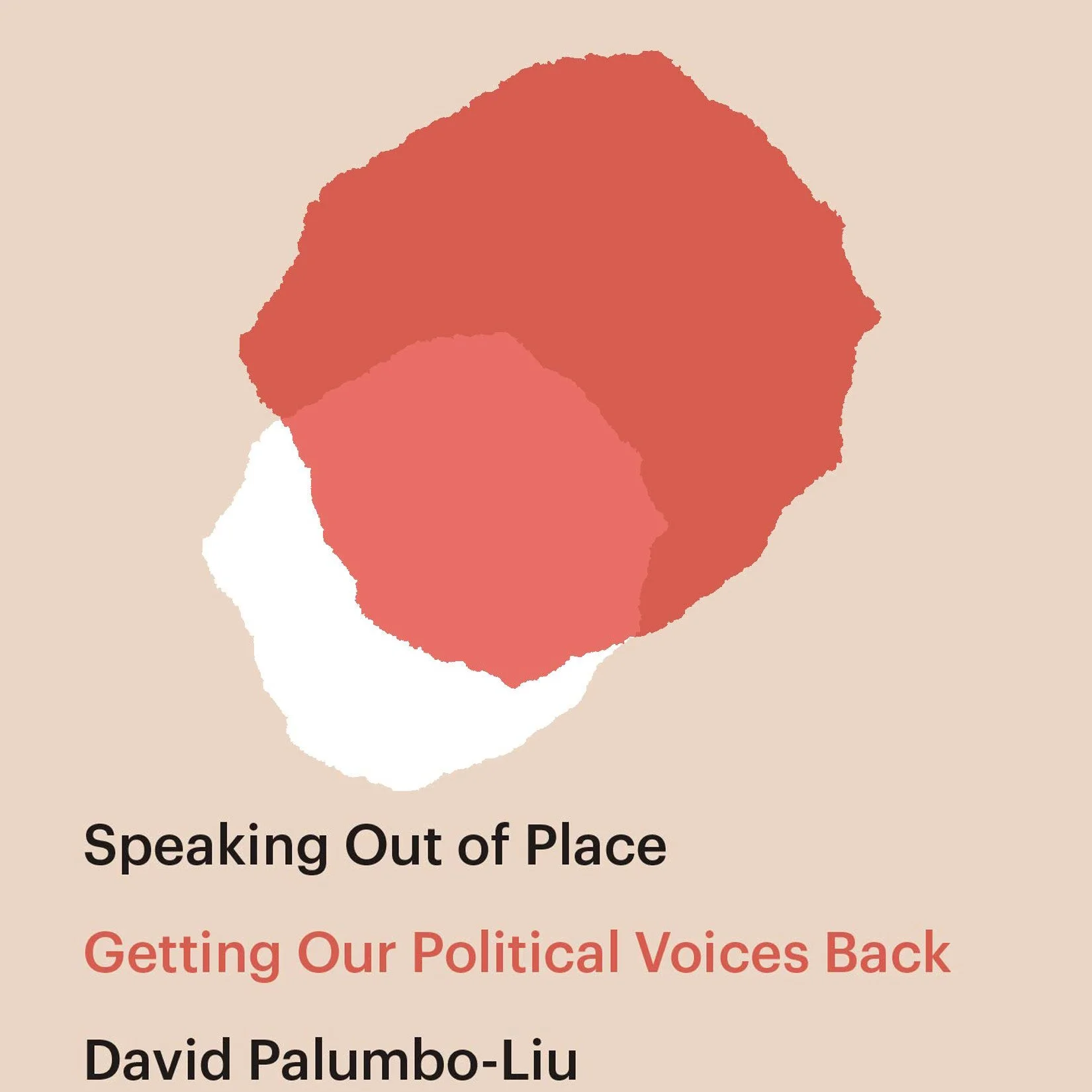Highlights - Richard Thompson Ford - Author of “Dress Codes”, “Rights Gone Wrong”, “The Race Card”
/Stanford Professor of Law · Expert on Civil Rights & Antidiscrimination Law
Author of Dress Codes · Rights Gone Wrong · The Race Card
One of the things that I've tried to do in my work is demonstrate the way that laws that don't seem to be directly related to social equality, to equality of opportunity, to racial justice in fact are and that it's only through also reforming these kind of systemic and institutionalized forms of discrimination that we could truly achieve an egalitarian society. So what I've really wanted to argue against is the idea that civil rights are kind of a magic bullet and that those kinds of laws alone would be sufficient to achieve.



